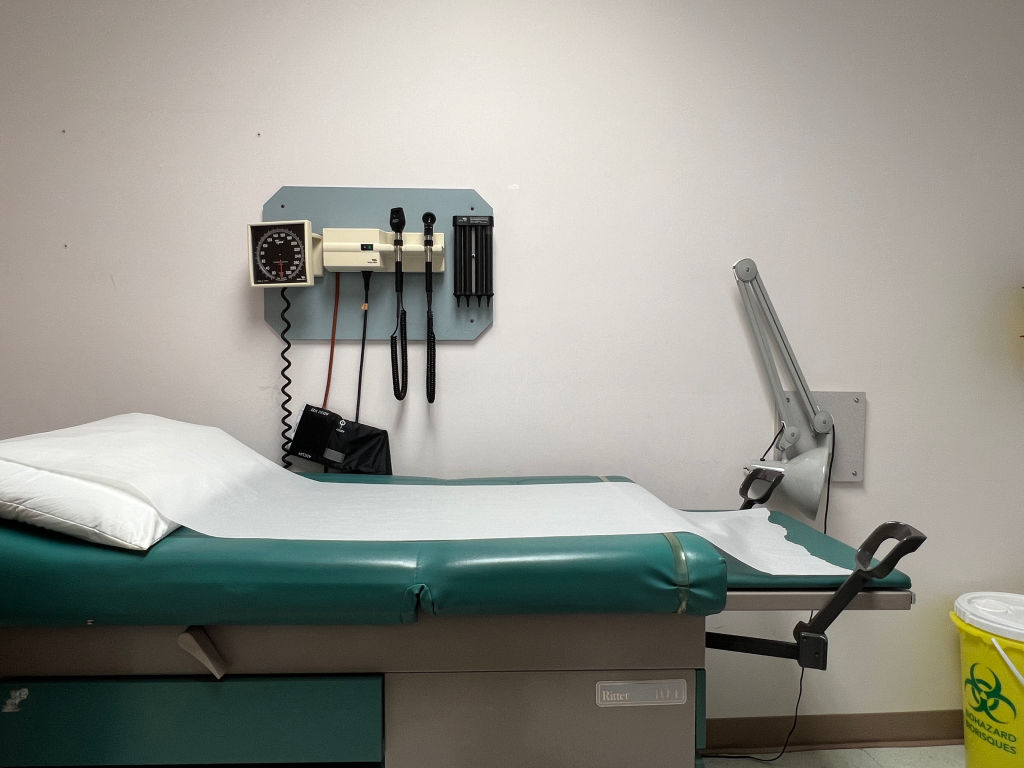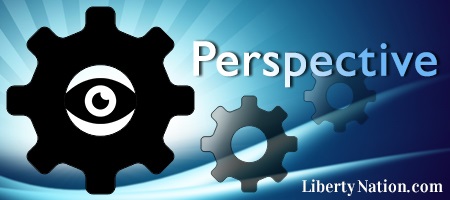Mentally ill, drug addicts, and anorexics will soon be eligible for state-licensed extinction.
Canada’s euthanasia program is poised to accelerate at a maddening pace in the coming months, and there are no brakes being applied on this runaway train of state-sanctioned death.
An inherently sensible bill by Conservative Member of Parliament Ed Fast “would have amended the Criminal Code in relation to assisted suicide provisions to not classify mental disorders as a ‘a grievous and irremediable medical condition for which a person could receive medical assistance in dying,’” Canadian news site True North reports. “On [Oct. 18], the bill was defeated on its second reading in the House of Commons with 167 MPs opposing it and 150 MPs supporting.”
Euthanasia Elasticity
That means 167 elected members of the national legislative body in the Great White North are completely fine with people struggling with mental issues extinguishing themselves. Even those most loudly ringing the alarm bells about the introduction of state-approved suicide in Canada in 2016 and where it would inevitably lead surely did not anticipate that human life would be so devalued so fast. Canada plans to expand the acceptable criteria for “medical assistance in dying,” or MAiD, as it is more commonly called, in March 2024. It would seem all vulnerable citizens residing in the nation will have the shadow of government-encouraged death loom over them as they deal with hardship in their lives.
“Canada will legalize medically assisted dying for people who are addicted to drugs next spring, in a move some drug users and activists are calling ‘eugenics,’” Vice News reported on Oct. 19. The credentialed officers of death pack drug abuse and mental disorders into the same “better off” basket.
“I don’t think it’s fair, and the government doesn’t think it’s fair, to exclude people from eligibility because their medical disorder or their suffering is related to a mental illness,” declared Dr. David Martell, lead physician for Addictions Medicine at Nova Scotia Health. Martell presented “a framework for assessing people with substance use disorders for MAiD” at a conference held by the Canadian Society of Addiction Medicine in Victoria, British Columbia. “As a subset of that, it’s not fair to exclude people from eligibility purely because their mental disorder might either partly or in full be a substance use disorder. It has to do with treating people equally,” the doctor added.

(Creative Touch Imaging Ltd./NurPhoto via Getty Images)
But why stop there? How about people with eating disorders?
‘I’m So Tired. I’m Done’
Canadian Lisa Pauli, 47, “has wrestled with the eating disorder anorexia for decades; she says she has had a warped relationship with her body since age eight,” Reuters reported in July. “These days, Pauli says, she weighs 92 pounds and may go days without eating solid food. She says she is too weak to carry groceries home without stopping for breaks. ‘Every day is hell,’ she said. ‘I’m so tired. I’m done. I’ve tried everything. I feel like I’ve lived my life.’” Pauli told the wire service she will choose medically assisted extinction as soon as she is allowed to next spring.
“This isn’t what Canadians expected when we started down this path,” Toronto Sun columnist Brian Lilley wanly observed. But the milk is spilled, and there is no getting it back in the bag (yes, that is how Canadians drink their milk, out of a bag). “In 2022, 13,241 people died under Canada’s medical assistance in dying (MAiD) provisions, bringing the total number since 2016 to 44,958, according to Health Canada’s fourth annual report on MAiD deaths,” The National Post reported Oct. 24.
The toll has climbed at a consistently astronomical pace for four years, the news site states. “The total number of assisted suicide deaths rose by 31.2 percent in 2022 over 2021, an annual growth rate that’s held steady since 2019.” One substratum is certainly set to skyrocket with the expanded criteria rolling out next March. “In 463 cases – 3.5 percent of the total MAiD deaths in 2022 – the person’s natural death was not reasonably foreseeable,” The National Post ominously writes.
 A utilitarian ethos that sees people as things instead of unique individuals made in the image of a Higher Creator has taken firm root in Canada. As Liberty Nation noted in August, this utilitarianism goes so far that state-affiliated agents are mandated to urge those choosing to die to donate their organs as they shuffle off to their benevolent government-approved demise. “Trillium Gift of Life Network is the official organ-donation intermediary of Ontario’s government,” LN reported. “Trillium staffers are a mandatory part of the euthanasia process in Ontario… You cannot kill yourself in Ontario via state-sanctioned euthanasia without an affiliated agency of the provincial government first imploring you to donate your organs. This ultimately means a local government of a prominent Western nation bordering the United States has a material incentive to see its citizens succumb to deaths of despair.”
A utilitarian ethos that sees people as things instead of unique individuals made in the image of a Higher Creator has taken firm root in Canada. As Liberty Nation noted in August, this utilitarianism goes so far that state-affiliated agents are mandated to urge those choosing to die to donate their organs as they shuffle off to their benevolent government-approved demise. “Trillium Gift of Life Network is the official organ-donation intermediary of Ontario’s government,” LN reported. “Trillium staffers are a mandatory part of the euthanasia process in Ontario… You cannot kill yourself in Ontario via state-sanctioned euthanasia without an affiliated agency of the provincial government first imploring you to donate your organs. This ultimately means a local government of a prominent Western nation bordering the United States has a material incentive to see its citizens succumb to deaths of despair.”
Next spring, the pool of potential organ-donating state-approved life-enders will swell enormously. And there are no signs that its out-of-control growth will be curtailed. It is not difficult to foresee that this will end in mass tragedy. But what are we to make of the harrowing fact that human life has been so radically cheapened? The swiftness of this debasement does not bode well for the supposedly non-vulnerable people who are to go on living.

